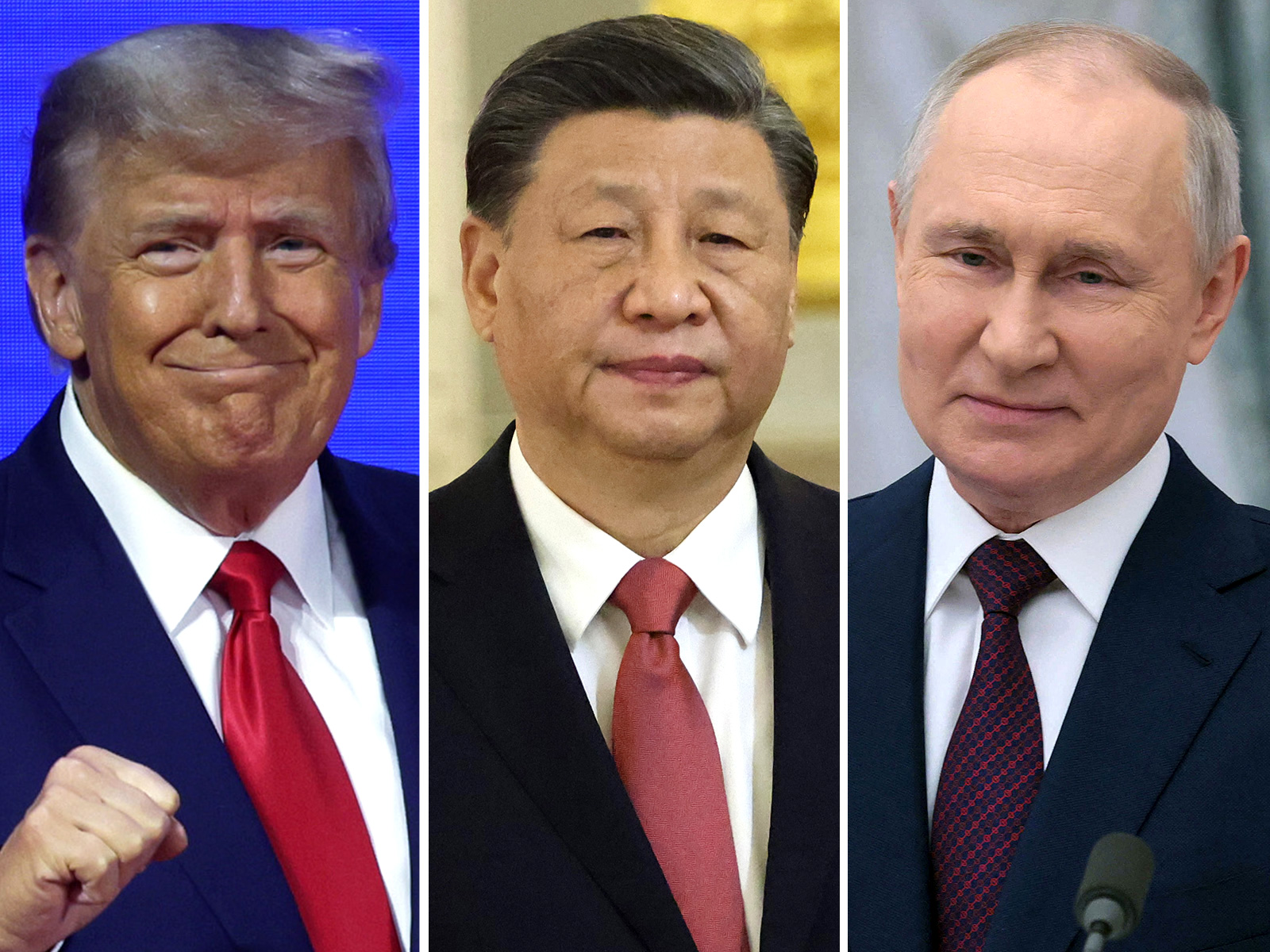Tariff Shock: Bond Market Repercussions

Table of Contents
Inflationary Pressures and Bond Yields
Tariffs directly impact the bond market by creating inflationary pressures. Understanding this relationship is crucial for effective portfolio management.
Increased Production Costs
Tariffs directly increase the cost of imported goods, leading to higher production costs for businesses. This cost increase is then often passed on to consumers, fueling inflation.
- Increased consumer prices: Higher prices reduce consumer spending power, potentially leading to demand-pull inflation.
- Cost pass-through: Businesses, facing higher input costs, often pass these increases onto consumers in the form of higher prices for goods and services.
- Reduced profitability: Higher input costs can significantly reduce business profitability, impacting investment and potentially leading to job losses.
Impact on Bond Yields
Rising inflation erodes the purchasing power of fixed-income investments like bonds. To compensate for this erosion, investors demand higher yields on bonds. This increased demand leads to a rise in bond yields and consequently, a fall in bond prices.
- Central bank response: Central banks often respond to rising inflation by raising interest rates, further impacting bond yields. This tightening of monetary policy aims to cool down the economy and curb inflation.
- Shift to inflation-hedged assets: Investors might shift away from bonds towards assets that are better positioned to hedge against inflation, such as commodities or inflation-linked bonds.
- Maturity sensitivity: Long-term bonds are generally more sensitive to inflation than short-term bonds because the longer duration means the impact of inflation on future cash flows is greater.
Economic Uncertainty and Flight to Safety
Tariff disputes inject significant uncertainty into the global economic landscape, impacting investor sentiment and bond market dynamics.
Reduced Economic Growth
Tariff disputes create uncertainty, slowing down investment and trade. This uncertainty can lead to reduced economic growth and increased volatility in financial markets.
- Investment postponement: Businesses may postpone investment decisions due to the uncertainty surrounding future trade policies and potential retaliatory tariffs.
- Disrupted supply chains: Trade wars can disrupt global supply chains, increasing costs and reducing the efficiency of production and distribution.
- Reduced consumer confidence: Uncertainty about the future can lead to reduced consumer confidence, which in turn dampens economic activity and reduces demand.
Increased Demand for Safe-Haven Assets
During periods of heightened economic uncertainty, investors often seek refuge in safe-haven assets like government bonds. This increased demand can temporarily push bond prices up and yields down, creating a "flight to safety" effect.
- Low-risk perception: Government bonds are typically seen as relatively low-risk investments, especially during times of economic turmoil.
- Temporary effect: The "flight to safety" effect is often temporary. As uncertainty subsides, investors may reallocate their portfolios, potentially leading to a reversal of the initial price increase.
- Portfolio reallocation: Investors may reallocate their portfolios towards assets perceived as safer, shifting away from riskier investments like equities.
Currency Fluctuations and Bond Markets
Tariff disputes can significantly influence currency exchange rates, further impacting bond markets.
Impact of Currency Devaluation
A country imposing tariffs may experience currency devaluation, making its bonds less attractive to foreign investors.
- Import cost increase: Currency depreciation makes imports more expensive, contributing to inflation.
- Yield impact: Currency fluctuations affect the relative value of bond yields denominated in different currencies, impacting investment decisions.
- Capital outflows: Devaluation can lead to capital outflows as foreign investors sell their holdings of domestic bonds.
Global Market Interdependence
Currency fluctuations in one country can impact bond markets worldwide due to the interconnectedness of global financial markets.
- Portfolio adjustments: Investors adjust their portfolios in response to currency movements, potentially leading to shifts in demand for bonds issued in different countries.
- Foreign bond valuations: Changes in exchange rates directly affect the value of foreign bond holdings, impacting investor returns.
- Amplified effects: This interconnectedness can amplify the effects of a tariff shock, spreading its impact across global bond markets.
Conclusion
Tariff shocks present significant challenges to the bond market. The inflationary pressures, economic uncertainty, and currency fluctuations triggered by tariffs can all have profound impacts on bond yields, prices, and overall market stability. Understanding these complex interrelationships is crucial for investors seeking to navigate the volatile landscape created by escalating trade disputes. By carefully considering the potential implications of a tariff shock on your bond portfolio, you can make informed decisions to mitigate risks and potentially capitalize on opportunities presented by this complex economic phenomenon. Stay informed about evolving trade policies and their impact to effectively manage your bond investments in the face of future tariff shocks.

Featured Posts
-
 John Wick 5 Production Cast And Plot Details Revealed
May 12, 2025
John Wick 5 Production Cast And Plot Details Revealed
May 12, 2025 -
 Schandaal Prins Andrew Verjaardagskaarten Aan Xi Jinping En Dubieuze Relaties
May 12, 2025
Schandaal Prins Andrew Verjaardagskaarten Aan Xi Jinping En Dubieuze Relaties
May 12, 2025 -
 Sean Diddy Combs Faces Trial The Significance Of A 2016 Video
May 12, 2025
Sean Diddy Combs Faces Trial The Significance Of A 2016 Video
May 12, 2025 -
 Doom The Dark Ages 17 Off Limited Time Deal
May 12, 2025
Doom The Dark Ages 17 Off Limited Time Deal
May 12, 2025 -
 Jurickson Profars 80 Game Suspension The Full Story
May 12, 2025
Jurickson Profars 80 Game Suspension The Full Story
May 12, 2025
Latest Posts
-
 Bombendrohung Entwarnung Nach Erneuter Evakuierung Braunschweiger Grundschule
May 13, 2025
Bombendrohung Entwarnung Nach Erneuter Evakuierung Braunschweiger Grundschule
May 13, 2025 -
 Braunschweiger Grundschule Entwarnung Nach Erneuten Schulalarm
May 13, 2025
Braunschweiger Grundschule Entwarnung Nach Erneuten Schulalarm
May 13, 2025 -
 Sabalenkas Miami Open Win A Dominant Performance Against Pegula
May 13, 2025
Sabalenkas Miami Open Win A Dominant Performance Against Pegula
May 13, 2025 -
 Aryna Sabalenka Wins Through To Italian Open Round Of 32
May 13, 2025
Aryna Sabalenka Wins Through To Italian Open Round Of 32
May 13, 2025 -
 Italian Open Sabalenka Through To Round Of 32
May 13, 2025
Italian Open Sabalenka Through To Round Of 32
May 13, 2025
